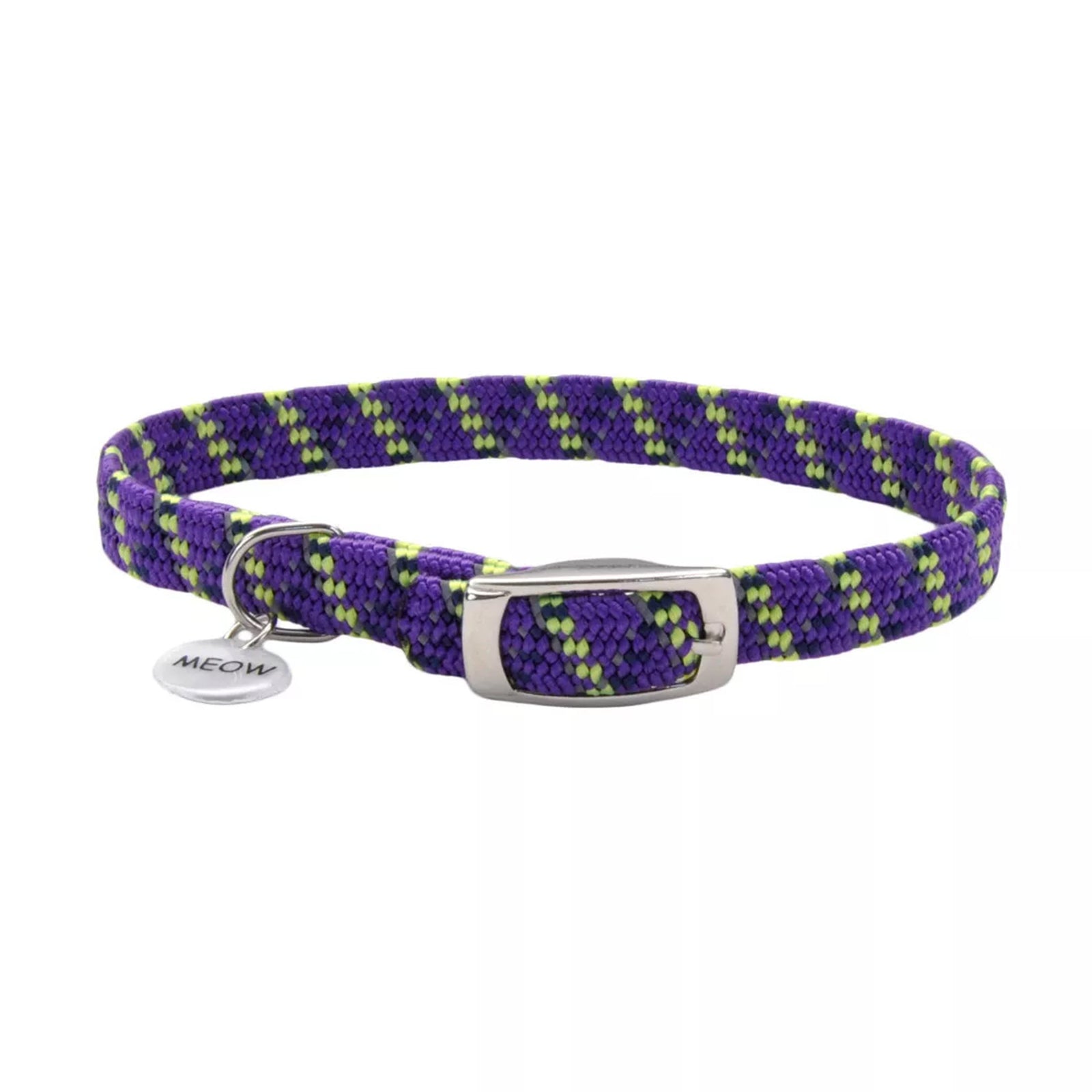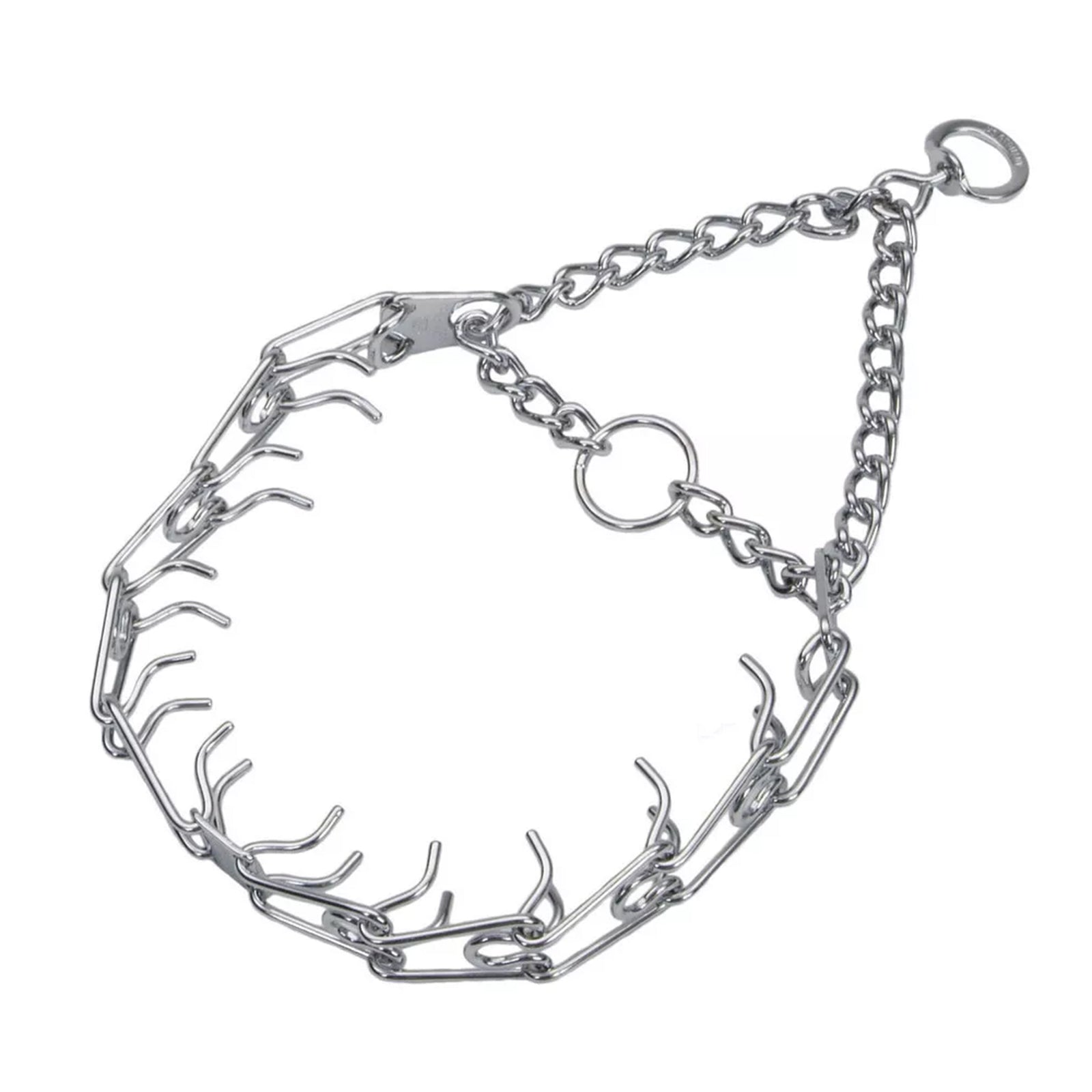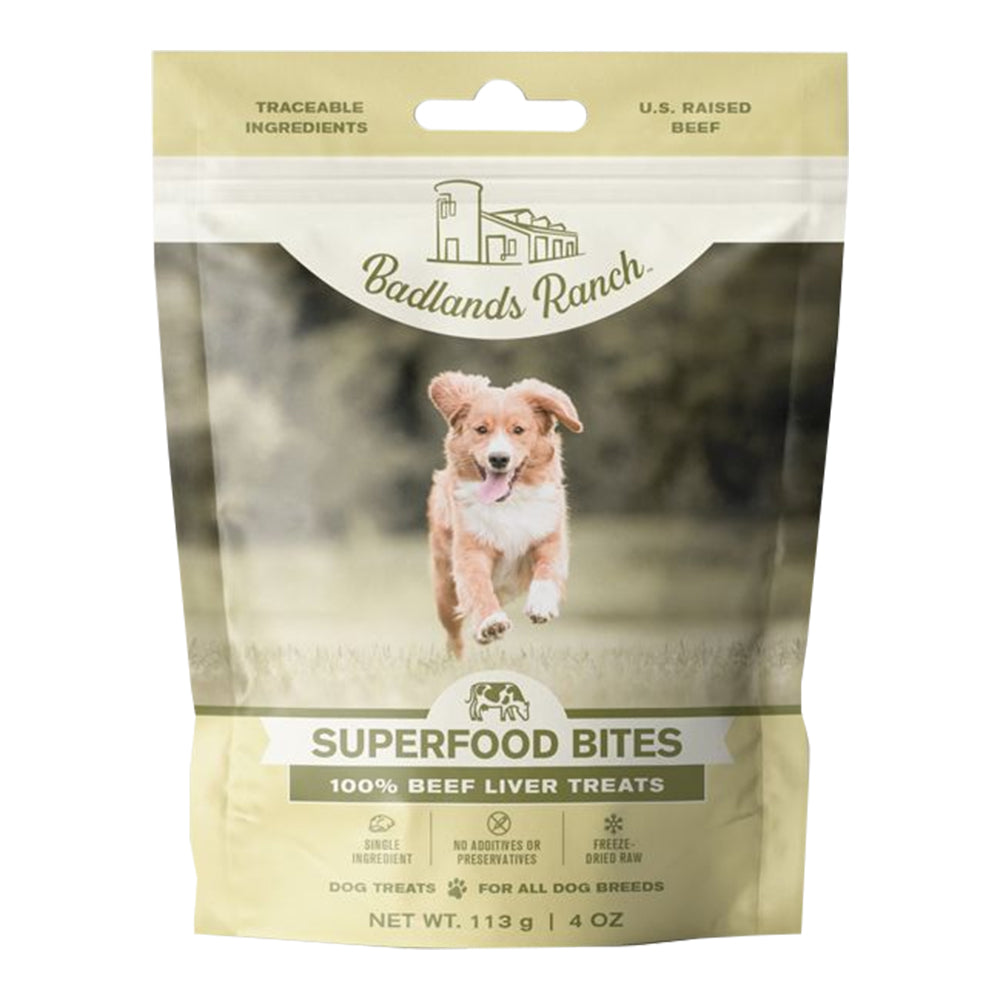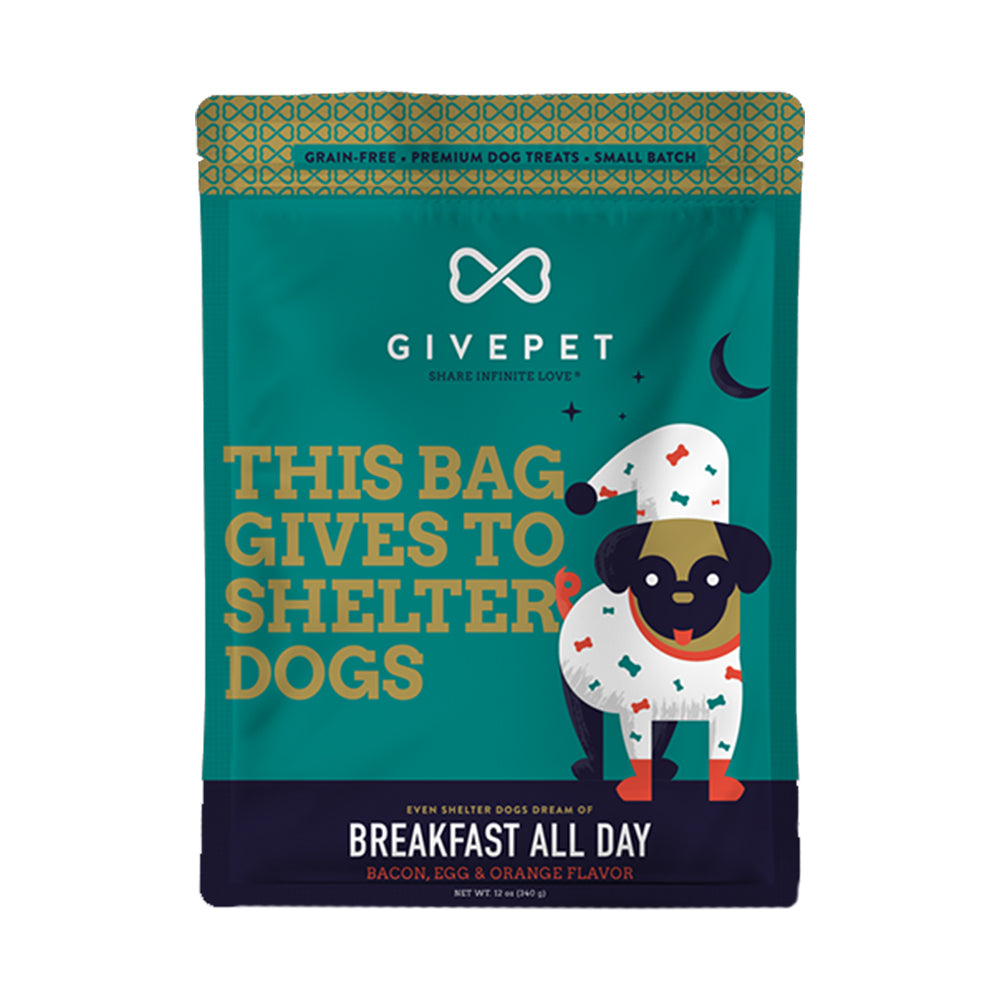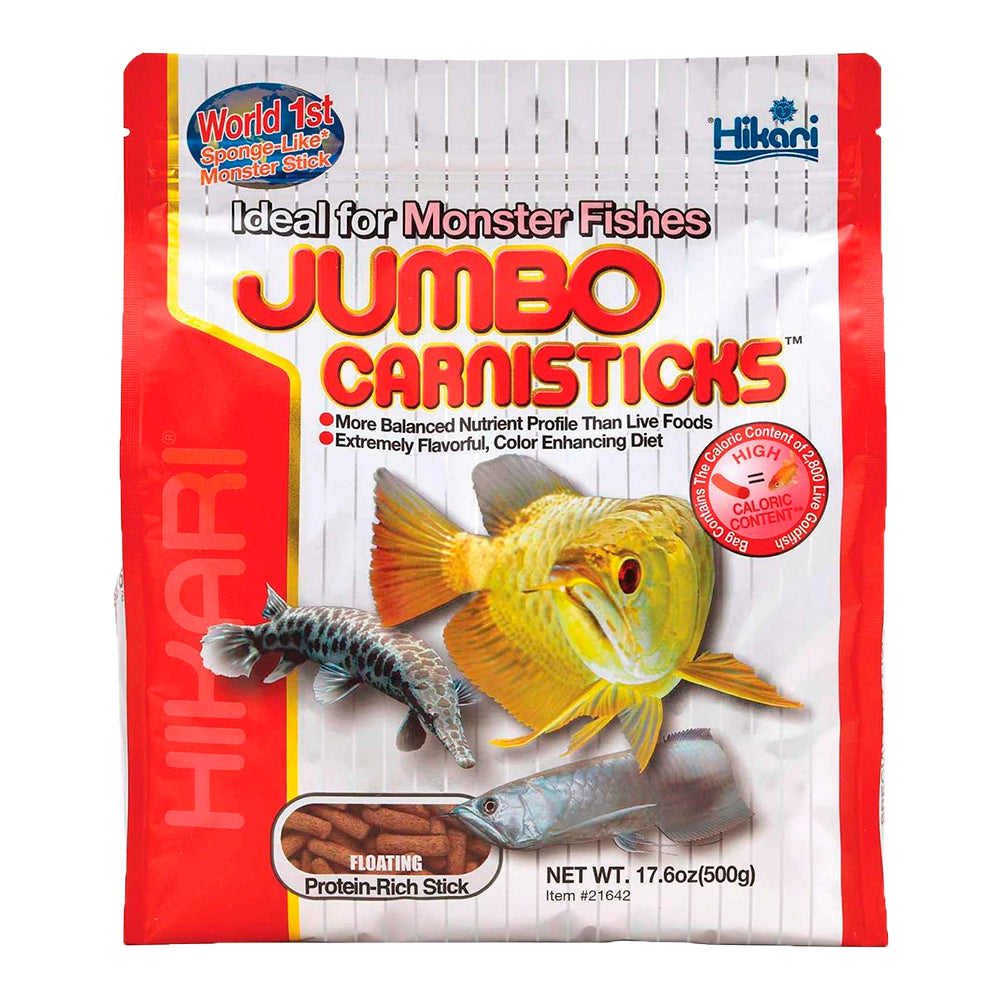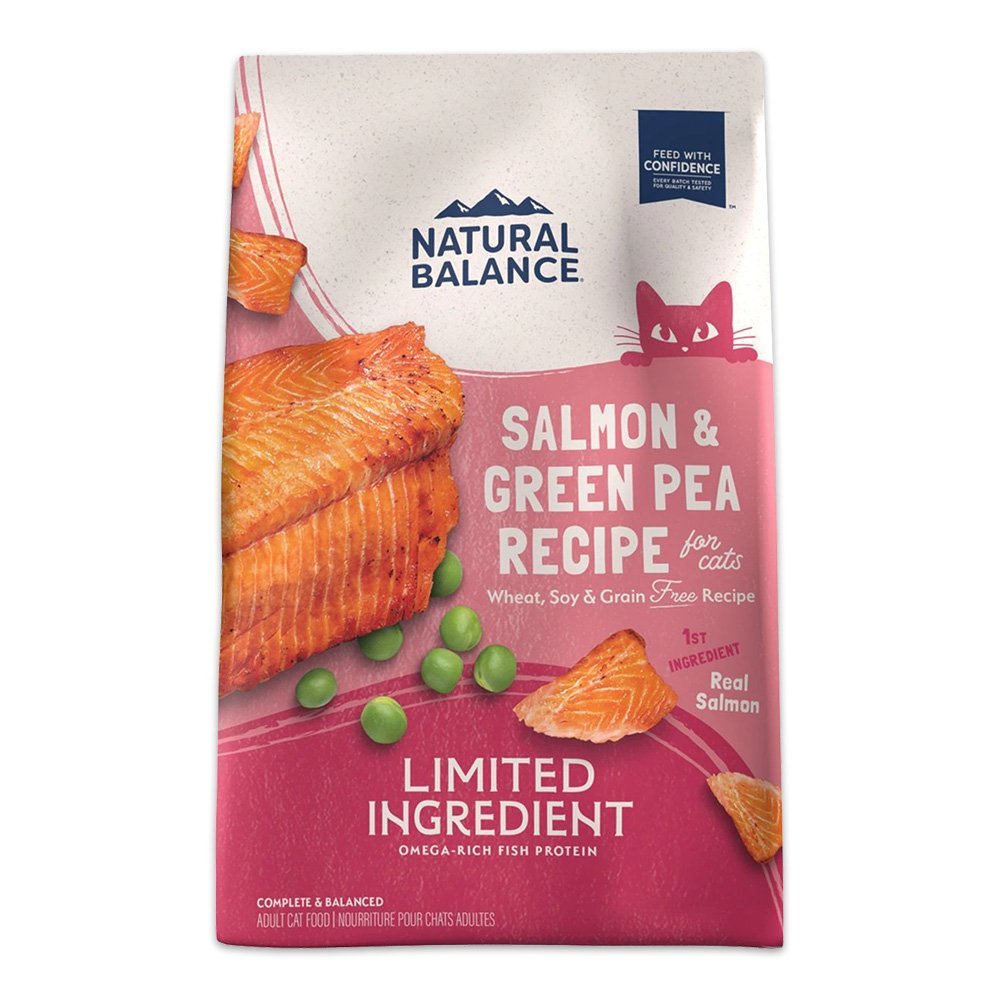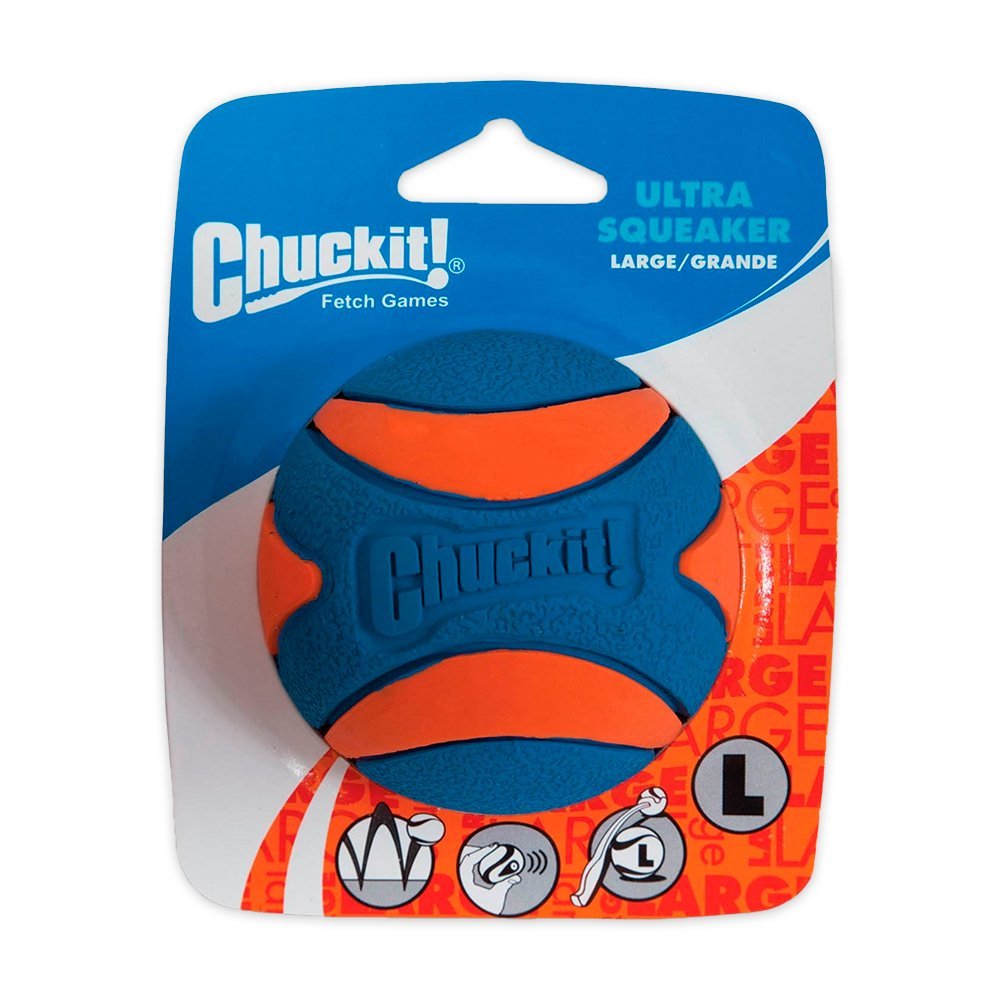Since sunflower seed attracts the most variety of birds, it is the main component of the majority of backyard bird feeders. Use a variety of wild bird food and seed to attract a wider variety of birds to your garden. When birds filter through mixtures containing red millet, oats, and other "fillers," which are normally unappetizing to most birds, a lot of rubbish is created.
Typical Bird Diet
The first step in luring birds with wild bird food for birds is to understand what birds exist in your area and what they consume. Many bird species have different feeding preferences and dietary needs. The majority of birds naturally eat a variety of foods, including insects (worms, grubs, and mosquitoes), plant material (seeds, grasses, flowers), small berries or fruits, nuts, and plant matter (grasses). Larger birds like hawks and vultures may also consume smaller animals like rats and snakes.
A bird's exact diet may also be influenced by its seasonal nutritional requirements. The best method to attract birds is to provide the nutrients they require most at that time of year, and observing how birds forage in your yard is a terrific way to figure out what foods they like. Birders can acquire advice on how to start feeding birds from organizations like the National Audubon Society, as well as by visiting their neighborhood wild bird store.
Bird Foods Made Naturally
The best approach to draw birds to your property without having to continuously refill feeders or buy Volkman bird food is to provide natural food sources in your yard. It can be expensive to plan the best bird-friendly landscaping, but picking plants that will produce food for birds could wind up saving you money over time because they will produce more food year after year with no upkeep.
Hummingbird blooms or seed-bearing flowers can be added to flowerbeds to draw in birds. To create a beautiful and abundant environment, choose a variety of flowers in varied colors and heights and perennial kinds for long-lasting growth and a reliable food source year after year. Sunflowers, coneflowers, cosmos, butterfly weeds, zinnias, and other flowers are favorites of birds.
Read More: What Do Birds Eat: Best Foods for Pet & Wild Birds
Additional Bird Food
Especially in tiny yards, densely populated locations, or situations where landscaping improvements would be prohibitively expensive, it is not always possible to offer enough natural food sources for birds. A fantastic method to increase the variety of food available to neighborhood birds and cater to where they eat for the greatest bird watching is by installing bird feeders and extra food sources of the best wild bird food.
Read More: How To Take Care Of Birds: A Comprehensive Vade Mecum
The most common method for giving birds extra food is through a special feeding station. Bird feeders come in a wide variety of styles, including hopper, tube, platform, and feeders specifically made for meals like fruit, jelly, or nectar. Nevertheless, no special feeder is required—birds may happily eat from a plain plate or even wild bird seed food that has been scattered on the ground. Both using various feeders and various meals will increase the number of birds you see. The most well-liked extra foods to provide birds are:
- Sunflower seeds
- Peanuts
- Suet
- Mealworms
- Safflower seeds
- Mixed birdseed
- Nectar
- Jelly
- Peanut butter
- Cracked corn
Advice On Organizing Bird Food
If there is food in your yard, birds will come to it without hesitation. If this is not the case, you can take additional steps to draw birds to your dining area.
- To appeal to many bird species and offer well-rounded nutrition, supply a wide choice of both natural and supplemented feeds.
- Whether switching food sources or adding extra feeders to your yard, take steps to draw birds to the new feeders so they can become accustomed to the new food.
- Get rid of the accumulation of seed hulls or feces that can cause contamination and disease outbreaks by cleaning your bird feeders regularly, including ground feeding stations and underneath the feeding area.
- Make your bird feeders squirrel-proof using baffles or other methods to prevent the birds from being driven away by hungry rodents.
Read more: How to Clean a Bird Cage: A Step-by-Step Guide for Bird Owners
What Time Should I Give The Birds Food?
Leaving food out for birds all year is a wonderful idea, but keep in mind that their needs do alter with the seasons:
The best meal for birds in winter and spring is dense, protein-rich bird seed food like suet. Finding energizing treats throughout the winter months is essential for feeding both the birds and their young.
Lighter foods, such as oats and millet, are ideal for the summer and fall when food is more plentiful and chicks are maturing.
Read more: Different Bird Food Types: Which Is Best for Your Bird?
Conclusion
While food will draw birds to your garden, they need more than steady food sources to consider it a good residence. To satisfy all of a bird's fundamental survival needs and prevent them from leaving, add a water source, suitable shelter, and nesting locations to your land.
Read more: How Long Can a Bird Go Without Food?





